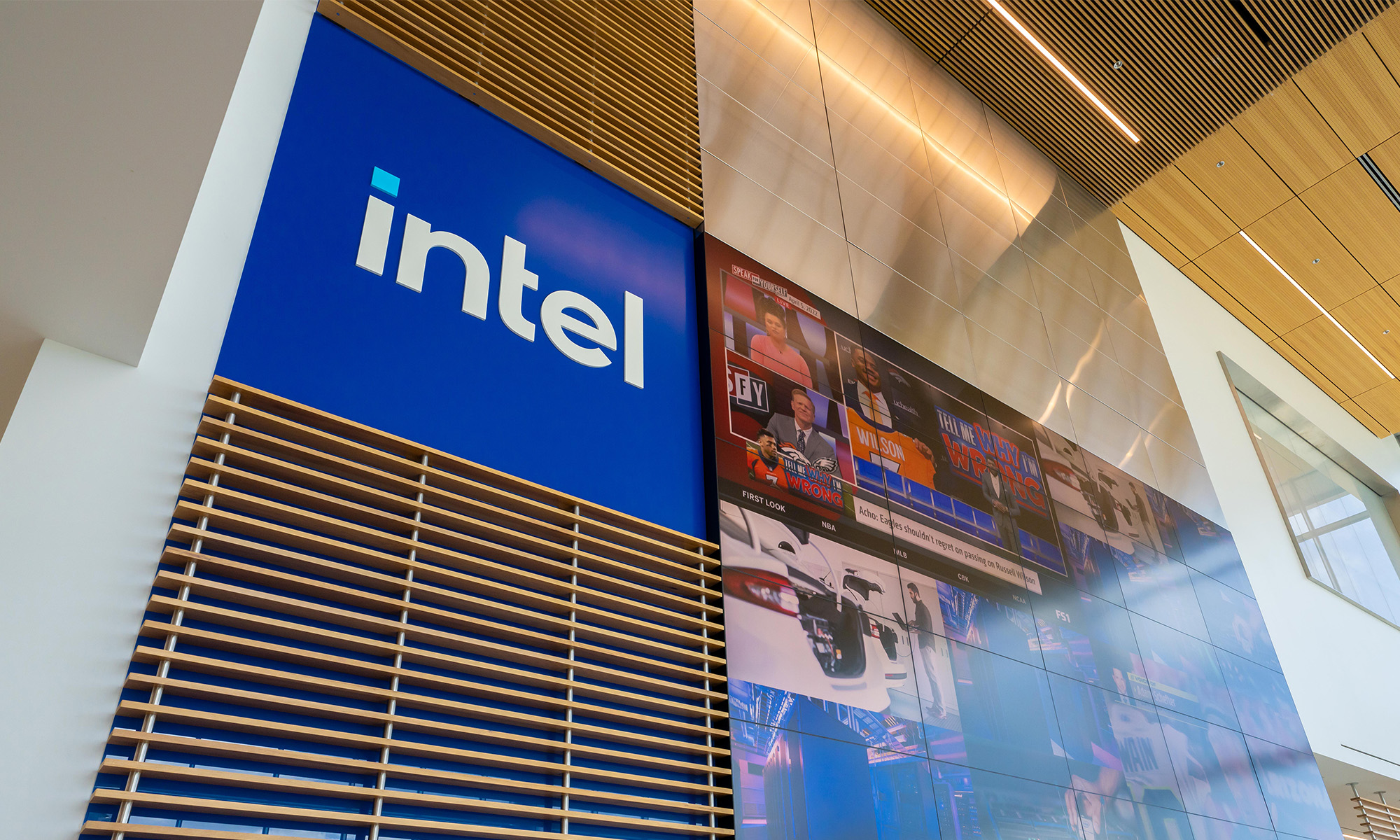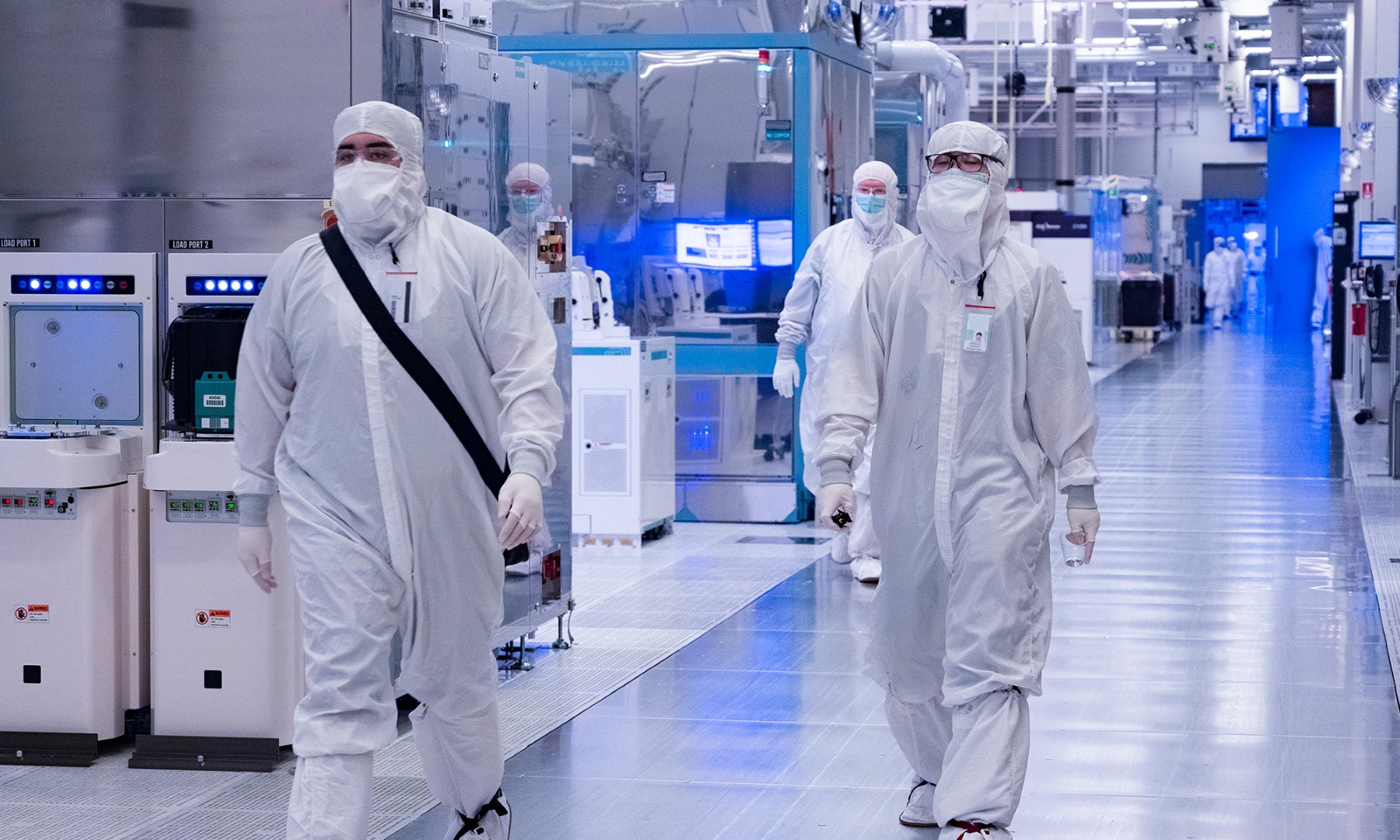Earlier this month, Bloomberg reported that Intel (INTC 4.64%) would supply the cellular modems for the upcoming cellular-capable Apple (AAPL +0.62%) Watch Series 3 models.
Though the revenue that Intel might enjoy from this design win would likely be minimal, there would be advantages to Intel in winning this design beyond near-term financial performance such as a deeper working relationship with Apple and insights about the smartwatch market in general.

Image source: Apple.
A new report from KGI Securities analyst Ming-Chi Kuo, whose track record when it comes to sharing details about future Apple products is excellent, says that Qualcomm (QCOM 0.41%), not Intel, will provide the cellular modem for the product.
A matter of efficiency
Kuo reportedly said that Apple will choose Qualcomm modems rather than Intel modems because the former are simply more efficient.
Given that the Apple Watch is a small device with very constrained battery capacity, the power consumption of critical components, such as the LTE modem in cellular-capable variants of the devices, is important to achieving good battery life.
That Qualcomm's modem offering for a wearable device would be more efficient than a competing Intel modem isn't a surprise; Qualcomm is the market leader in cellular modem design and generally uses more advanced (and therefore power-efficient) chip manufacturing technologies for its modems than Intel does for its own (though Intel is getting more aggressive about fixing that).
Whom to believe?
Both Bloomberg's Mark Gurman as well as KGI Securities' Mark Gurman are well connected, appear to have legitimate sources, and are both worth trusting.
This creates a bit of a dilemma in trying to figure out which one of these two reports is correct.
If I had to guess, though, based on what I've seen, I'd give the nod to the Gurman report for the following reason: Kuo seems to be intelligently speculating based on his knowledge of the technologies and the suppliers, while Gurman is clearly citing "a person familiar with the situation."
With all that in mind, while I think that Intel winning the design could help it in the long term (in the near to medium term, I doubt that the revenue potential from this deal is worth writing home about), it's far less important whether Qualcomm wins this design or not.
Remember: Qualcomm already develops a line of system-on-a-chip products known as "Snapdragon Wear" for smartwatches that not only include cellular modems but full-blown applications processors, too.
Qualcomm is already building products for the wearable devices market and has deep enough relationships with all the major smartwatch makers via its success in the smartphone processor business -- the smartwatch makers are generally the same companies that Qualcomm sells smartphone chips to -- that winning a modem-only design at Apple just isn't going to be a game changer.
In other words, Intel needs this win more than Qualcomm does but only for longer-term strategic reasons. Both companies generate so much revenue that neither company will really feel the near-term impact of winning (or not winning) the modem spot inside of the new Apple Watch.








